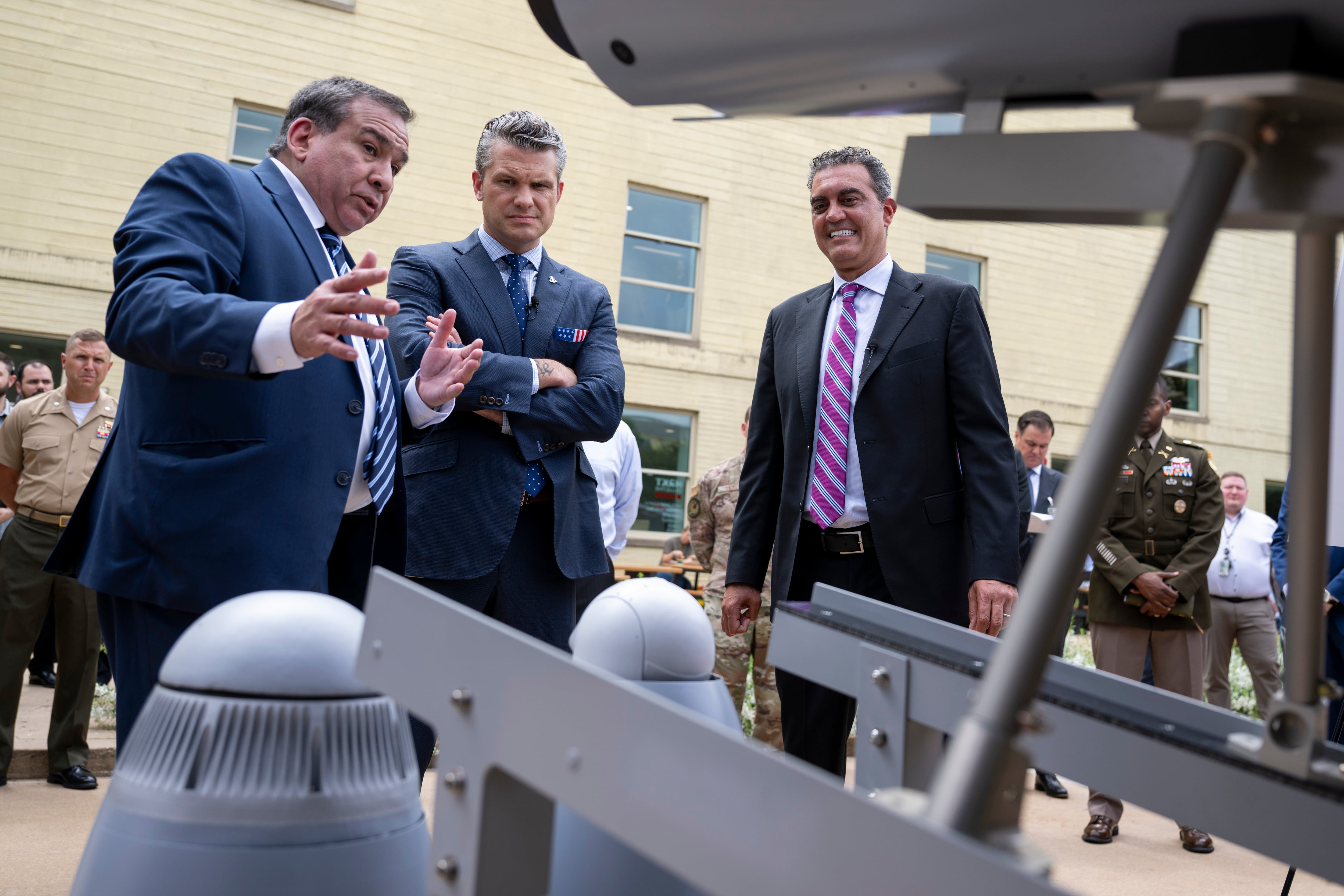The new information environment will require the Intelligence Community to invest more in research, ensure data can be easily ingested, and learn how to communicate information threats to the public more effectively, the nation’s No. 2 intelligence official said June 27.
In May, Sue Gordon, deputy director of the Office of the Director of National Intelligence, argued at the annual GEOINT conference that the Intelligence Community was facing an inflection point when it comes to data. Her comments June 27 at the Defense One Tech Summit were an extension of that speech.
“This is a world where threats are to and through information,” she said.
RELATED

In Gordon’s framing, the current environment is defined by three factors: ubiquitous technology, almost perfect digital connectedness and data abundance. The national security community will have to change in order to be effective in that environment.
“So what are we going to do with different threats, different environment, different consumer needs?” asked Gordon. “It is going to require us to integrate, innovate and partner differently.”
One major shift is that adversaries are targeting private sector data, not government information.
“Ninety percent of this nation’s threat surface is outside of the government. It’s in the private sector or in the public,” Gordon said. “They have to be provided with data that will help them make decisions.”
The Intelligence Community will have to adapt it’s tradecraft in order to better communicate the threats facing the public — a change that the agencies aren’t particularly accustomed to, noted Gordon. That sentiment is similar recent concerns raised by Sen. Mark Warner, D-Va., who claimed that he needed more unclassified data to adequately communicate the threats China poses to American businesses.
“In our society, much of this data is free and publicly available, and our adversaries are going to absorb it like a sponge,” she said.
The national security community will also need to invest more heavily in fundamental research she said.
“While there is tremendous work going on in the private sector that we have benefited from, and we have to recognize that the government isn’t going to be a leader ― it’s going to have to be a fast follower in these technologies — there are some areas that will not be commercially pursued that they will need, so we’re going to have to innovate in security,” said Gordon.
Lastly, Gordon pointed to the challenge of ensuring that collected data can be integrated with other data sets across multiple systems. Data integration is essential to winning this battle, she said,, and thinking about data with the end user in mind is a big part of that. Data that is collected but can’t be used isn’t particularly helpful.
“I think this is such a data rich world that the person who can command that data first is the one that is gonna have a real advantage,” Gordon said.
Nathan Strout covers space, unmanned and intelligence systems for C4ISRNET.








